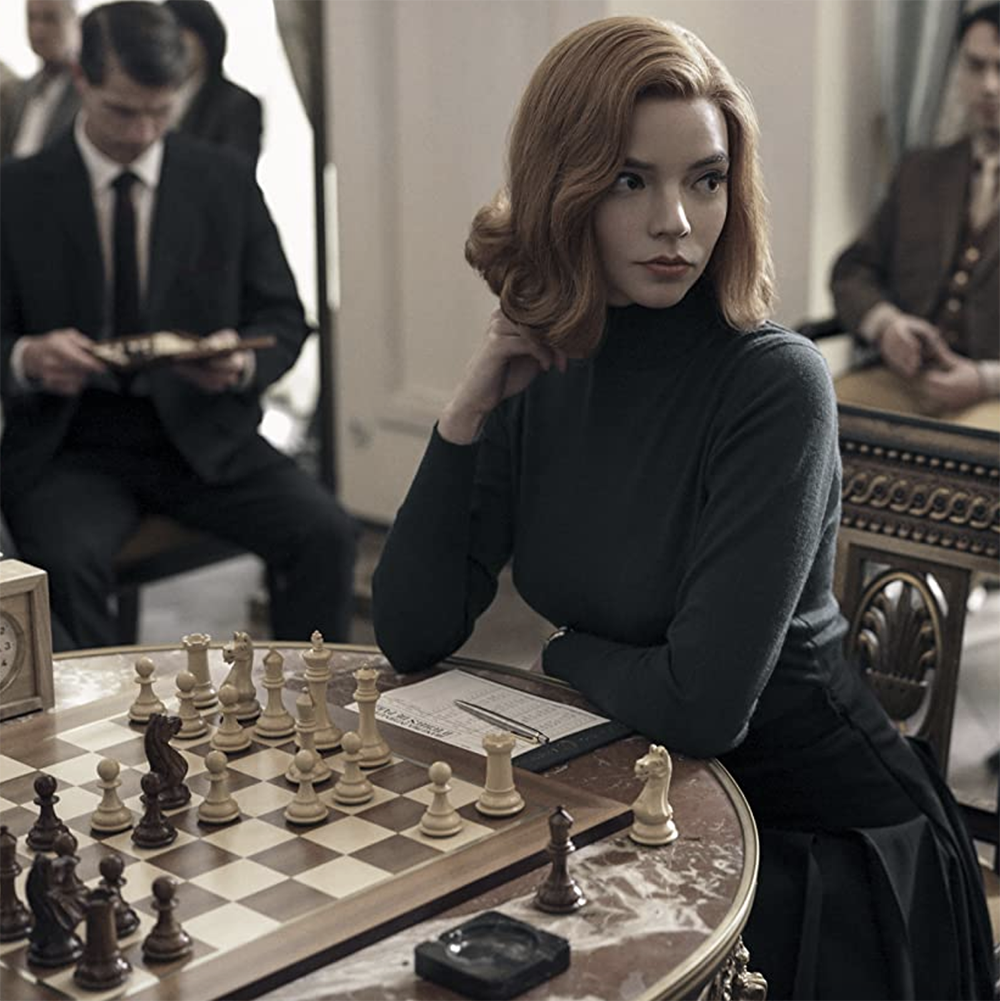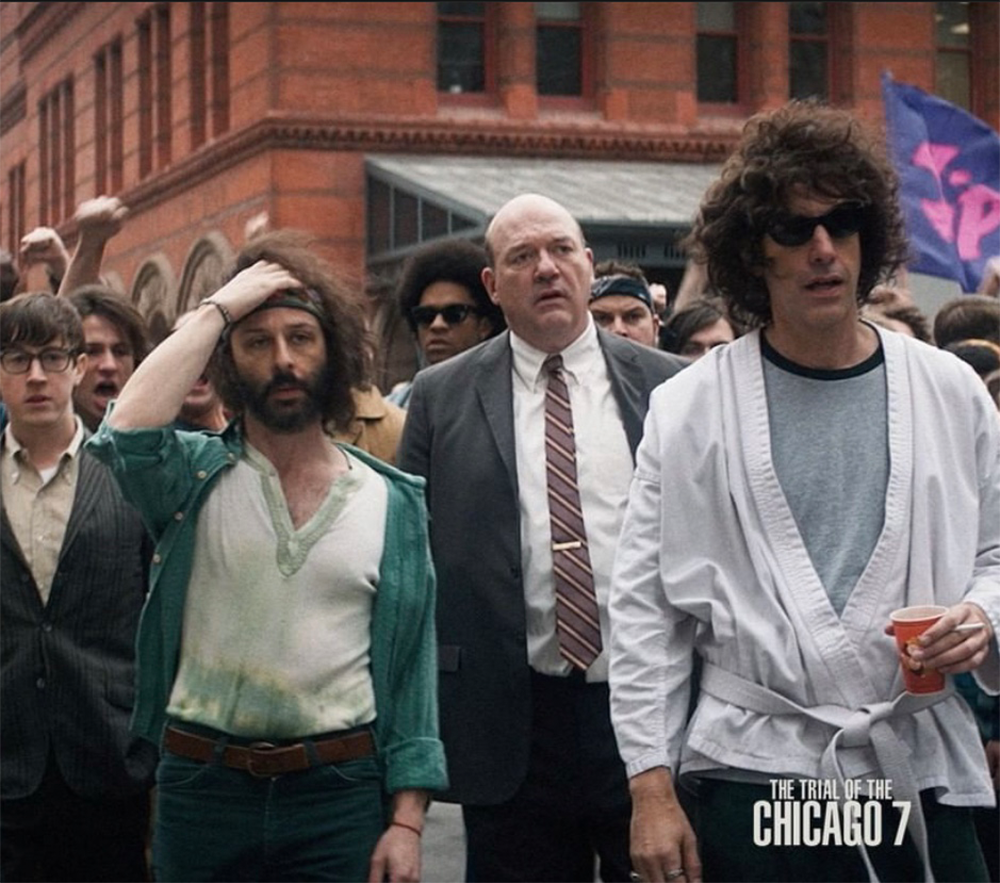★★★☆☆
“The Aftermath,” based on Rhidian Brook’s 2011 novel, attempts to create a dramatic love story against the backdrop of post-war Germany. Despite star Keira Knightley’s moving performance as a woman finding solace from her marriage through a whirlwind affair, “The Aftermath” feels like a lackluster addition to the wartime romance genre.
The film has all of the ingredients of a dramatic period piece: the luxurious diplomats’ mansions in Hamburg, decadent hotels, silver cigarette cases and satin gowns that play homage to Knightley’s iconic “Atonement” days. Besides the aesthetics, director James Kent fails to create depth and real emotional drama.
While carrying out ‘denazification’ in 1946 Germany, the earnest Colonel Lewis Morgan, played by Jason Clarke, reunites with his fragile and emotionally wracked wife Rachel, played by Knightley, in the wake of the war in Hamburg. His decision to share their requisitioned mansion with the previous owners, the widowed architect Stefan Lubert, played by Alexander Skarsgård, and his rebellious daughter Freda, portrayed by Flora Thiemann, creates a perfect storm for the turmoil that follows.

The unbalanced living arrangement fosters an uncomfortable feeling from the outset, and Rachel’s dismissive and cold treatment of Stefan only accentuates the tension. Within the first few minutes of the film, a fast-paced romance seems impossible. Nonetheless, Stefan’s grief for his wife and Rachel’s own mourning for her son draws the pair together, fueled by romantic tension that promises a compelling narrative. Despite the potential of such a tense love triangle, “The Aftermath” fails to satisfyingly bring the story to fruition.
While Rachel and Stefan fall into a scandalous affair, the naive Freda gets involved with the youth subculture of Nazi sympathizers, finding herself drawn to one of the teenage boys. While this plotline seems almost reminiscent of “The Sound of Music,” her seduction by the young radicalist lends a bitter and uncomfortable edge to the film.
“The Aftermath” contrasts the supporting characters of Freda and the young radicals with serious yet uninspiring British diplomats residing in Hamburg. Kent fails, though, to effectively develop an emotional impression from these supporting characters.
Casting Skarsgård opposite Knightley proves to be one of the film’s greatest strengths. While the wartime drama genre is nothing new for Knightley, the fresh-faced and attractive Skarsgård adds some novelty to the film that almost outshines the iconic Knightley. Nonetheless, Kent’s awkward filming techniques make many of their romantic moments read unconvincing. Scenes that should be full of energy lack the depth and intensity needed to immerse the viewer.
As the Colonel, Clark elicits sympathy as the cheated husband. The audience naturally feels inclined to compare him to the more endearing Stefan, though, instead making Colonel the hostile outsider. While these elements are inherent to the plot of Brook’s novel, the casting of Clarke does not match the convincing Skarsgård as competitors for the tormented Rachel. Consequently, “The Aftermath” presents audiences with an imbalance in the strength of the protagonists that renders a weak attempt at a complicated love triangle.
From Rachel’s debilitating grief over the death of her young son to Freda questioning her morality as she succumbs to political radicalisation, “The Aftermath” triumphs most in presenting the ways war wracked different generations with emotional torment. Given that these scenes are infrequently dispersed between moments of weak acting and a thinly explored storyline, however, Kent fails to give the film the momentum needed to be a groundbreaking approach to post-war life.




















